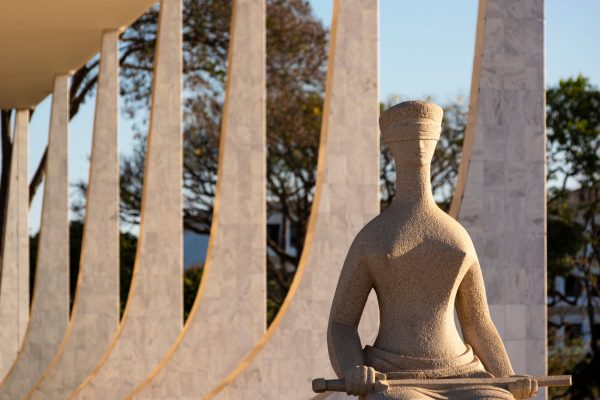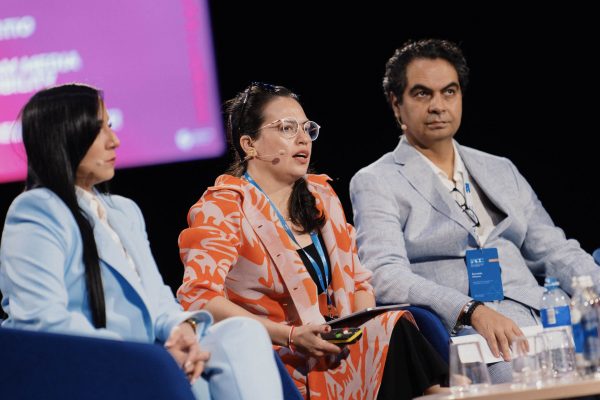Corruption in sub-Saharan Africa manifests in various pervasive ways, such as embezzlement, bribery and patronage systems. However, the issue of political party financing and its shady practices often goes unnoticed.
Experts at the 21st International Anti-Corruption Conference (IACC) in Vilnius, Lithuania, revealed how corruption emerges from the lack of legislation governing political party financing.
Governments and political parties themselves find ways to look the other way or tacitly permit undisclosed and opaque forms of finance in both emerging and mature democracies.
Maurice Nyambe, Executive Director at Transparency International Zambia, provided an example.
“This is something we have certainly seen in the Zambian context. The lack of legislation to regulate political party financing is the biggest weakness,” said Nyambe. “Elections are a very costly endeavour. So if the source of funding for political parties is not regulated, it exposes the democratic process to several vulnerabilities.”
In theory, Zambia is governed by national and international texts limiting political financing, including Article 60 of its Constitution and the African Union Convention on Preventing and Combating Corruption. In practice, political parties can obtain funding from any source without submitting audited financial reports.
A USAID report on corruption in sub-Saharan Africa found that while legislative frameworks exist for political finance and transparency, enforcement is severely lacking.
Amy Selzer, Senior Monitoring Evaluation Research and Learning Advisor at USAID, explained: “In one case study, a respondent noted that all parties in that country operated within a corrupt financing system, laundering assets through unexplained sources and using offshore companies to conceal political contributions.”
In 2017, Zambia’s Constitutional Court ruled that ministers from the ruling Patriotic Front (PF) must return all salaries and benefits received after Parliament was dissolved before the 2016 elections. The Law Association of Zambia had filed a petition contesting these payments.
In 2020, the Court ordered that former cabinet ministers, their deputies, and provincial ministers had 30 days to return funds amounting to around US$170,000.
But before the 30 days had elapsed, then-PF secretary general, Davies Mwila, announced that all these debts had been settled by “friends of the party.” The justice minister ordered the matter to be discontinued, as the money had been paid. The identities of the friends of the party were never revealed.
The IACC panelists agreed on there being no universal approach to regulating political party finances. Appropriate measures can vary based on each country’s specific circumstances.
In December 2023, more than 80 organisations gathered in Atlanta, USA, for the 10th session of the Conference of the States Parties (COSP) to the United Nations Convention against Corruption (UNCAC). Their joint message was clear: countries must prioritise and enhance political finance transparency and enact and enforce laws that close loopholes for illicit funds in politics.
“States Parties should develop mechanisms for the timely and comprehensive public disclosure of political contributions, expenditures and campaign financing,” the statement read.


